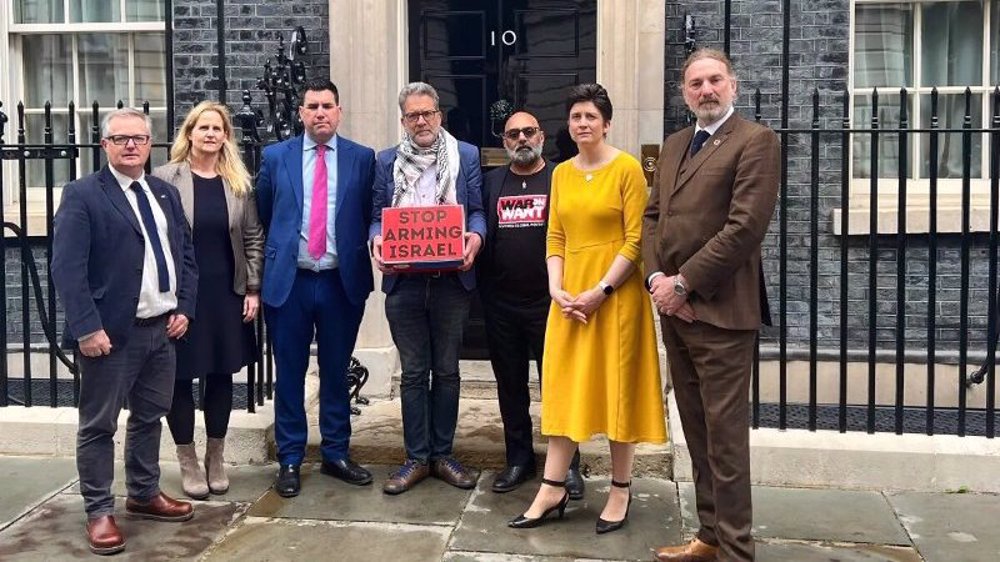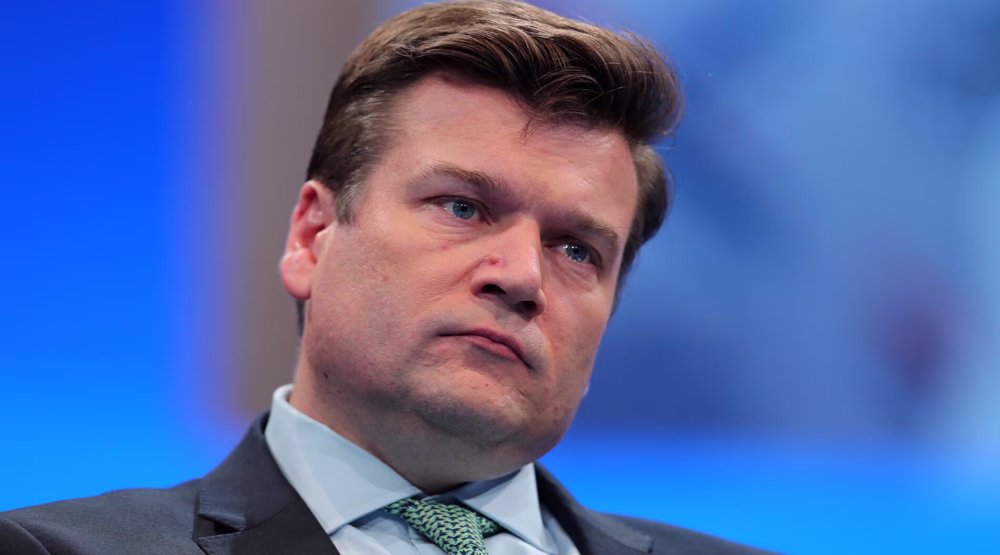UK facilitates more secretive arms deals: MPs
British lawmakers say the government is facilitating the concealment of major weapons deals by supporting the use of licenses that allow hiding payment and client information.
The scheme was revealed in a report by UK’s legislative Committees on Arms Export Control (CAEC), composed of four influential select committees that cover the nation’s military, foreign policy, business and development affairs, The Independent reported on Friday.
According to the report, Britain’s Export Control Organization (ECO), which oversees the country’s military sales, urges arms traders to apply for a less accountable form of license, the use of which may hamper oversight and allow secretive arms deals.
“The government should apply significantly more cautious judgments when considering export license applications for goods to authoritarian regimes, which might be used for internal repression,” said CAEC Chairman Sir John Stanley.
ECO authorities had previously advised UK arms exporters to apply for Standard Individual Export Licenses (SIEL), which would authorize a lone shipment of weapons overseas within two years of obtaining official permission.
Payments of such deals would then have to be made publicly available.
However, over the last five years British authorities have increasingly urged weapons traders to use a murkier licensing system, known as Open Individual Export License (OIEL), according to the report.
Such licenses allow the transport of an unlimited number of arms shipments to specific destinations within five years of their issue date.
Additionally, OIELs do not require the identification of the final recipient of the arms, leading to concerns that British military hardware may secretly end up in the hands of oppressive and authoritarian regimes.
The CAEC’s report further argues that the shift may potentially “increase the risk of breaches of the government’s own arms export control policies.”
Stanley further warned that “there will certainly be a significant loss of transparency from the switching policy given that the government discloses the value of SIELs but not of OIELs.”
The development comes amid recent reports that Britain approved the sale of £16 million worth of anti-riot gear, including tear gas and rubber bullets to the countries on its own human-rights blacklist.
MFB/MKA/HRB
Israeli airstrike kills at least 7 people in Rafah
VIDEO | Iranians hold nationwide demos in support of IRGC
Syria condemns US veto of Palestine UN membership resolution
Iraqi resistance forces hit Israeli Ovda air base
Hackers break into Israeli military’s computers, access trove of documents
Tulkarm Brigade commander killed by Israeli forces in raid on refugee camp
Zionist media desperately trying to turn Israeli defeat into victory: Iran
VIDEO | Press TV's news headlines










 This makes it easy to access the Press TV website
This makes it easy to access the Press TV website